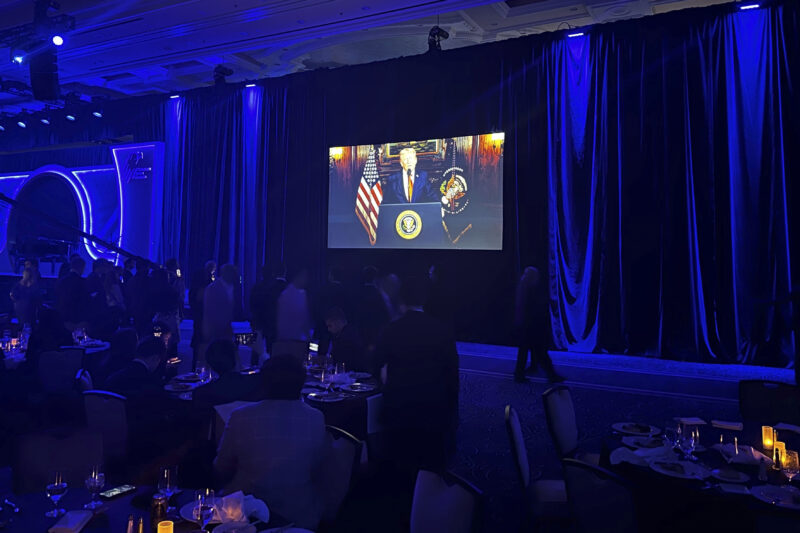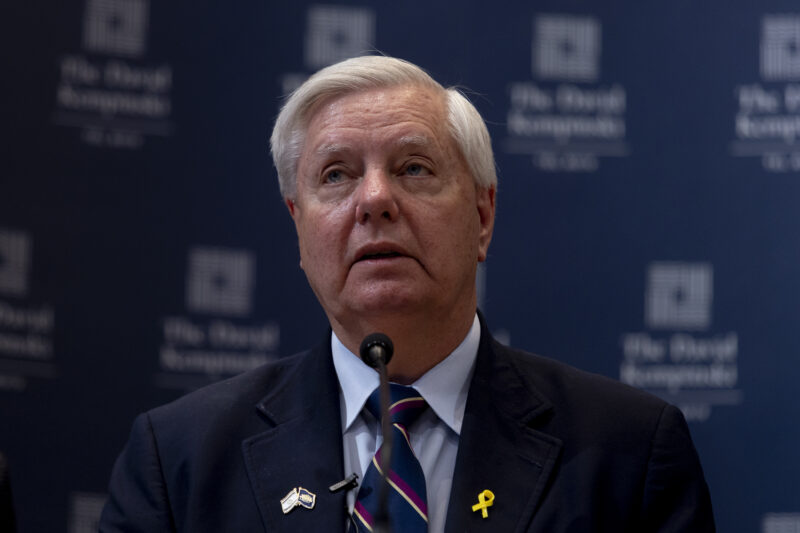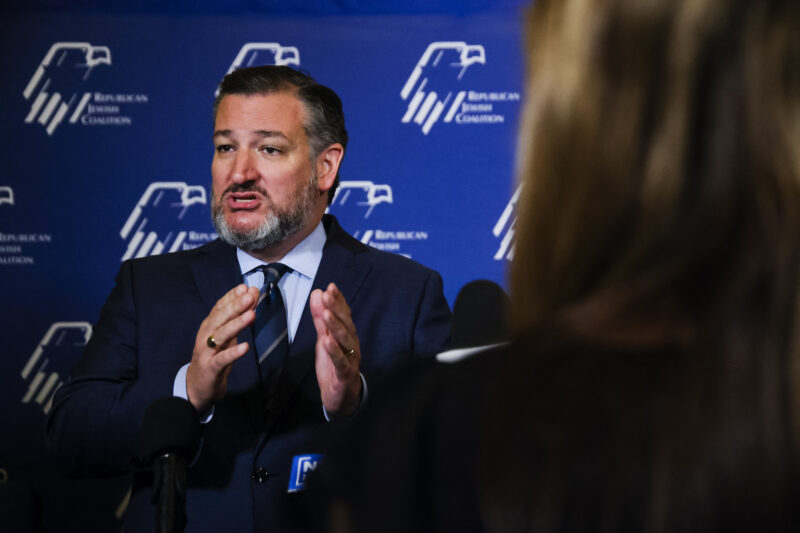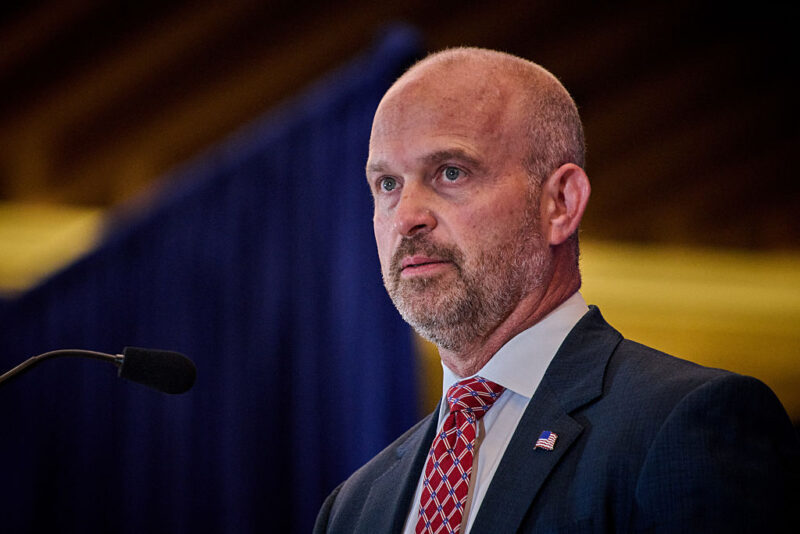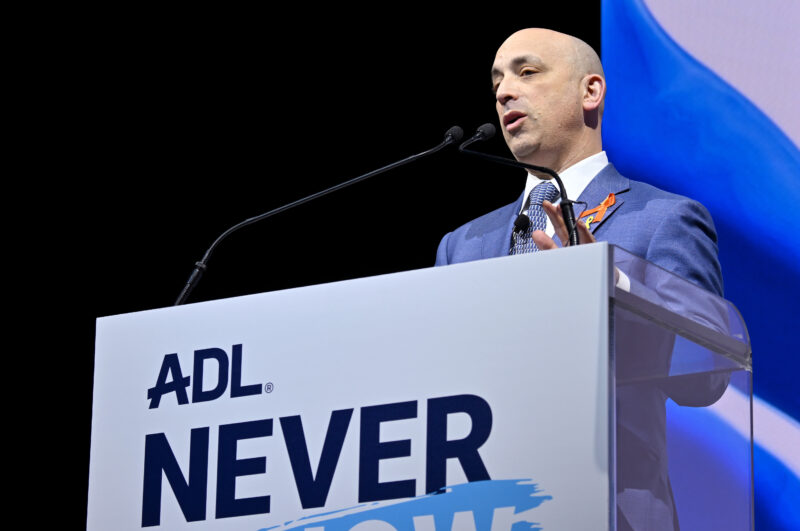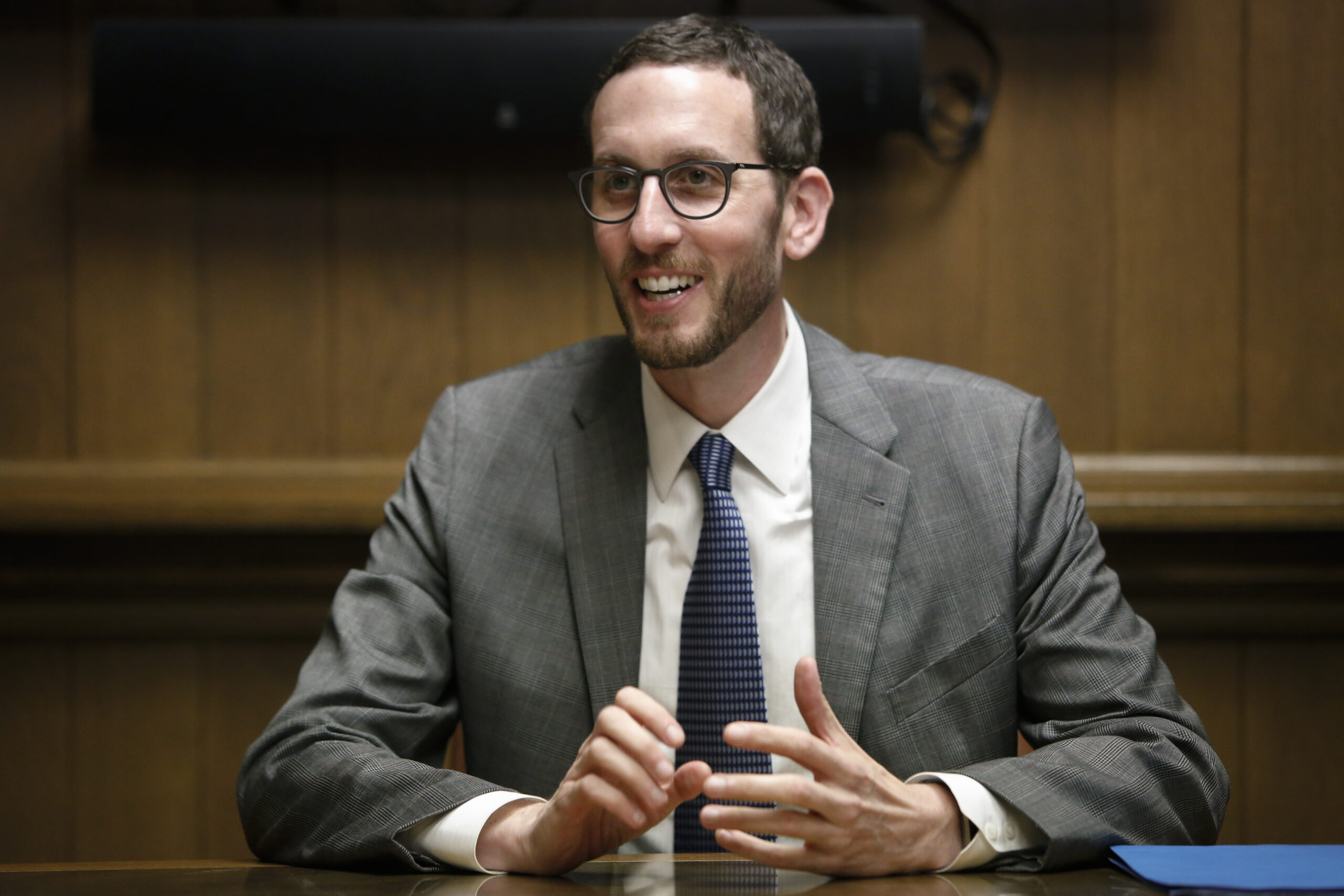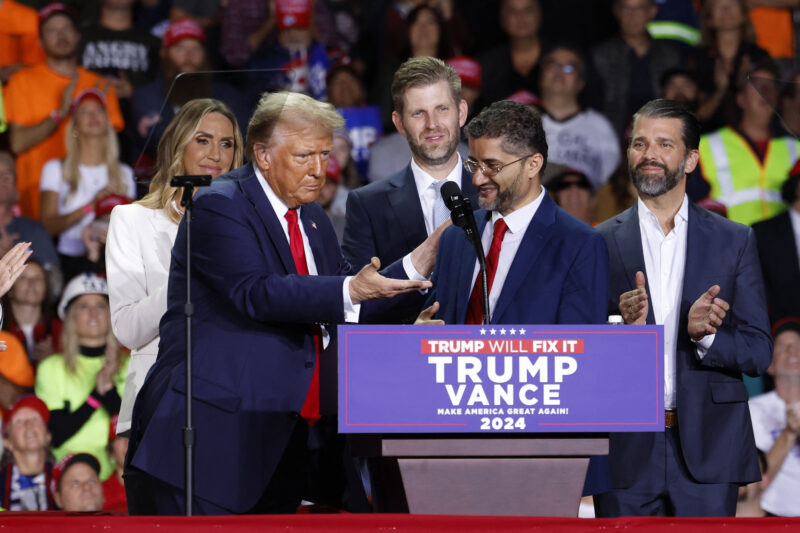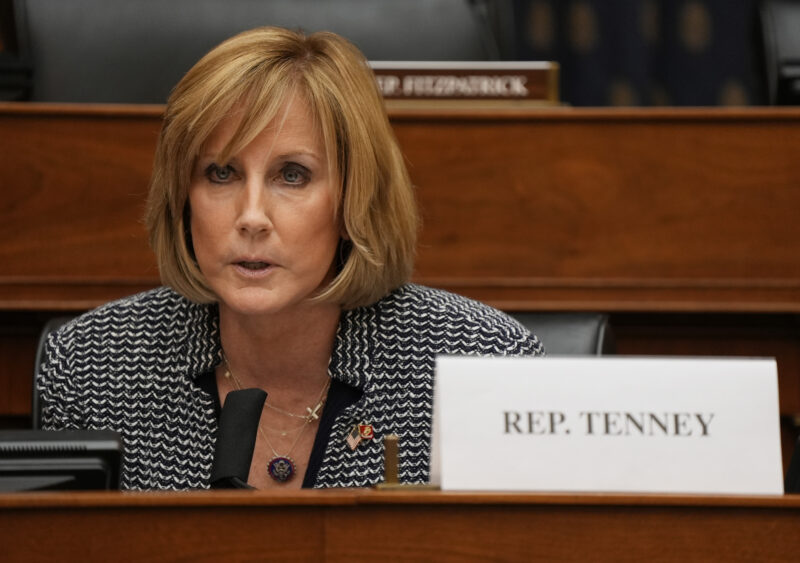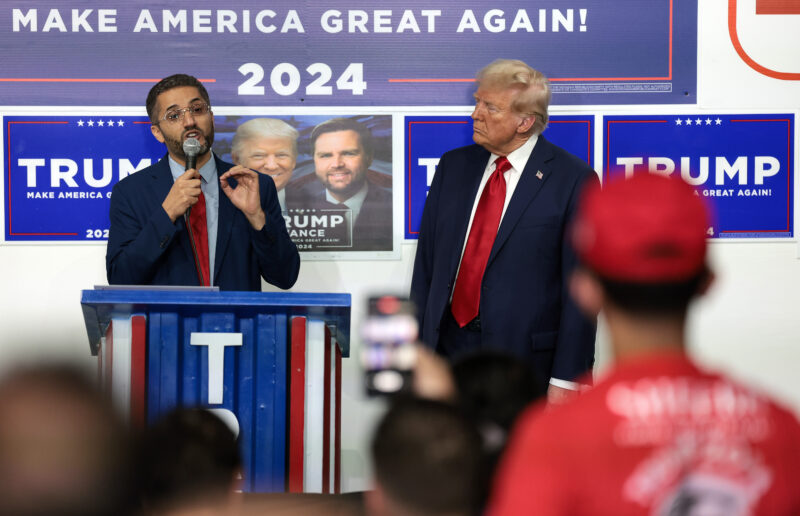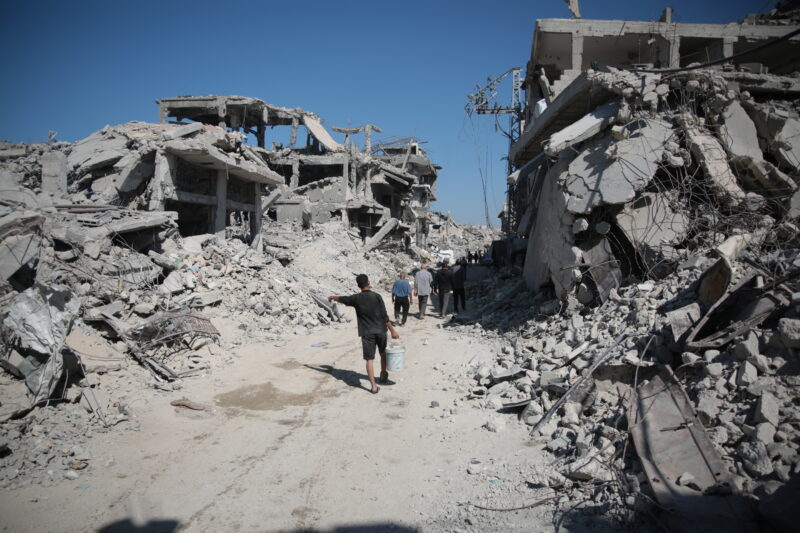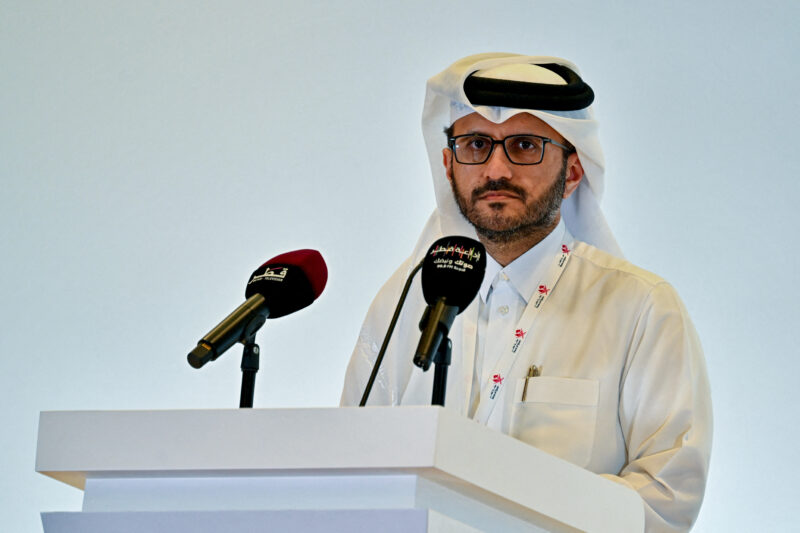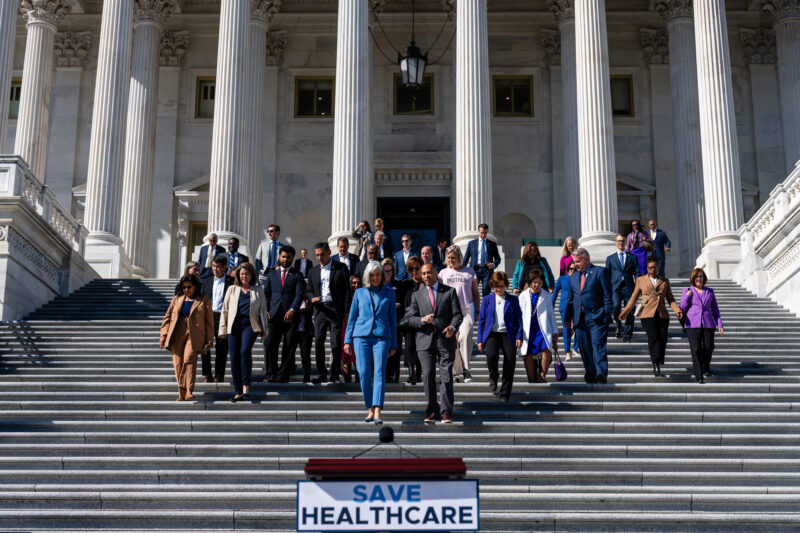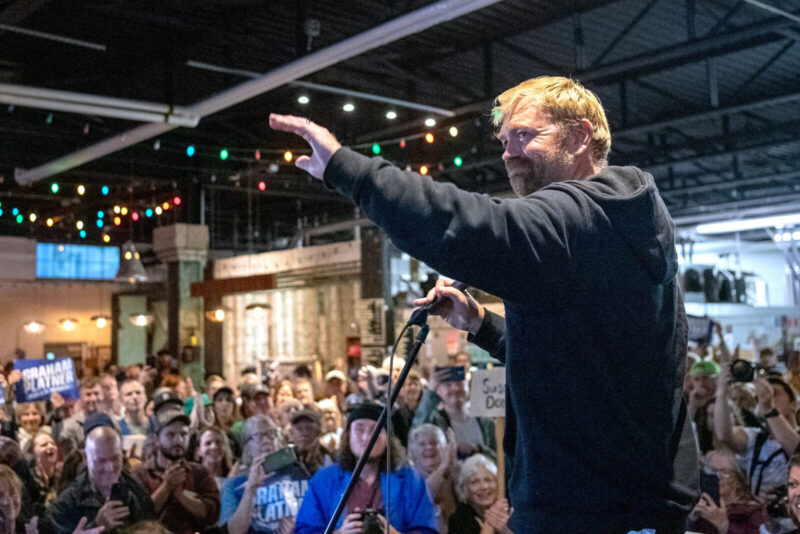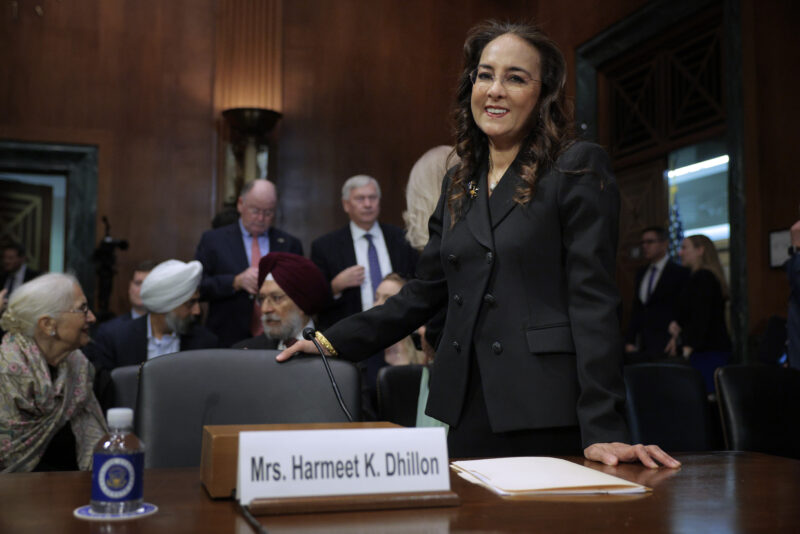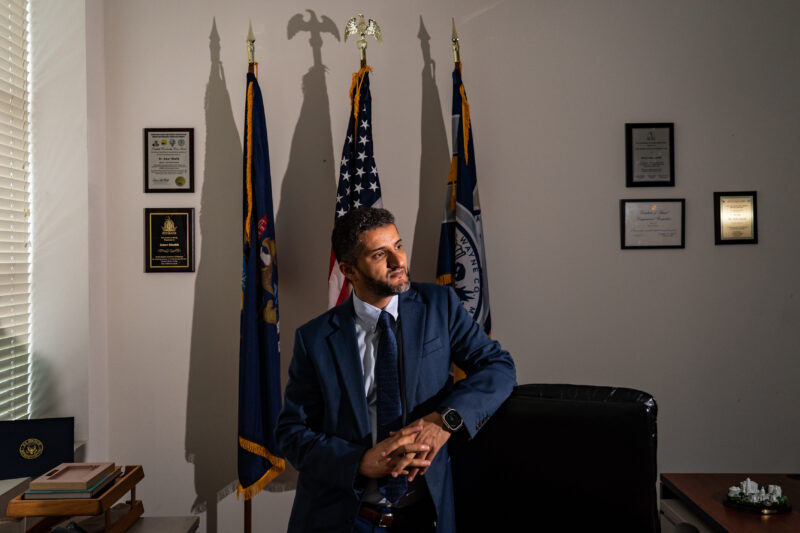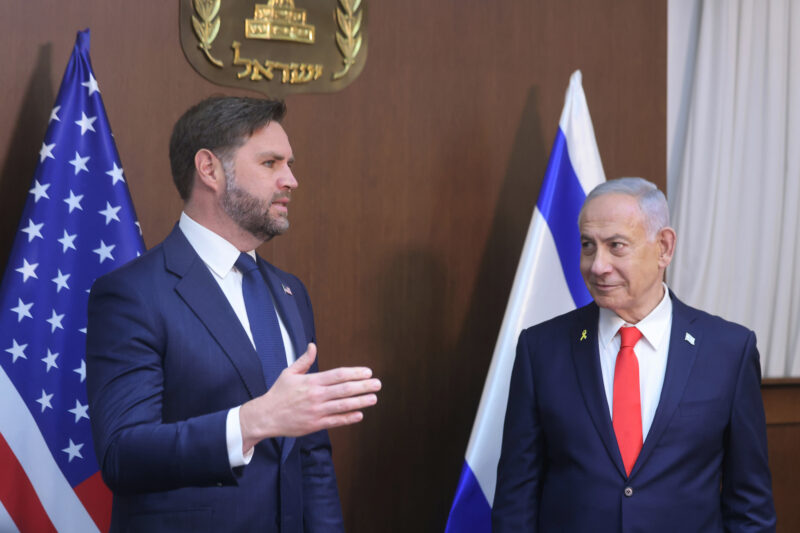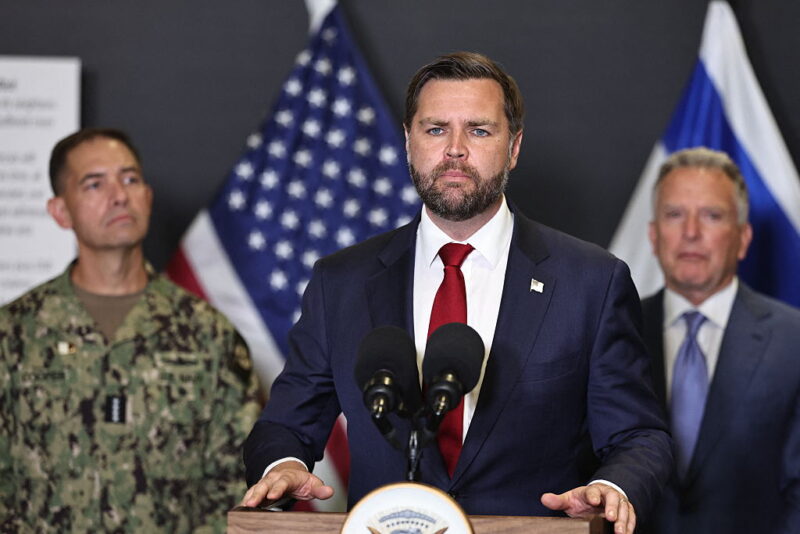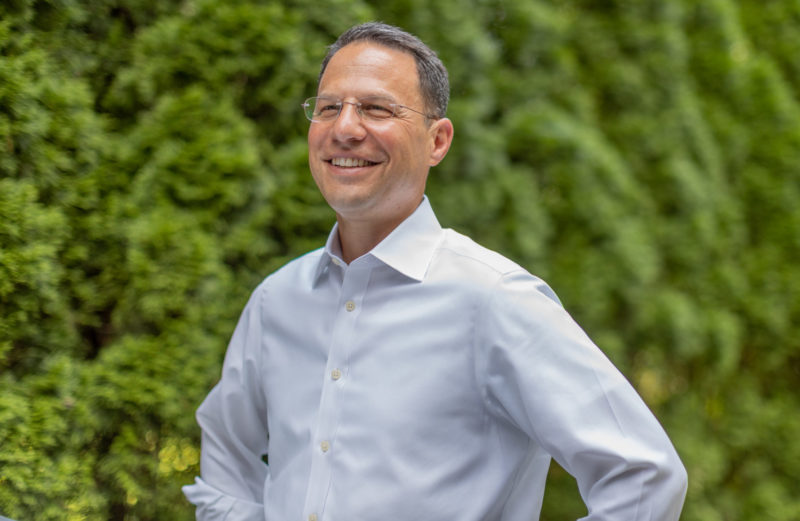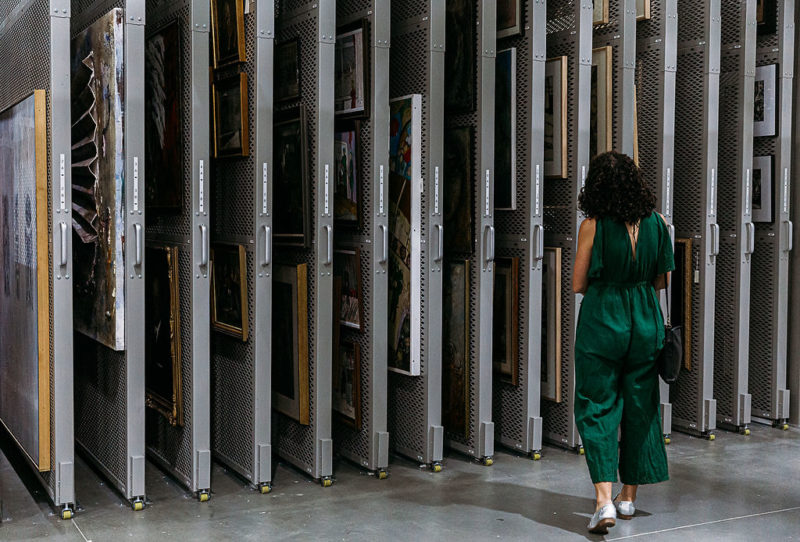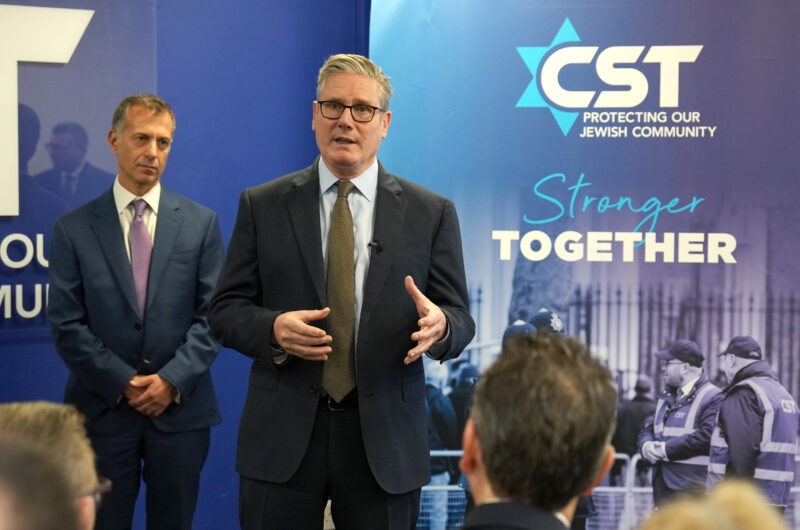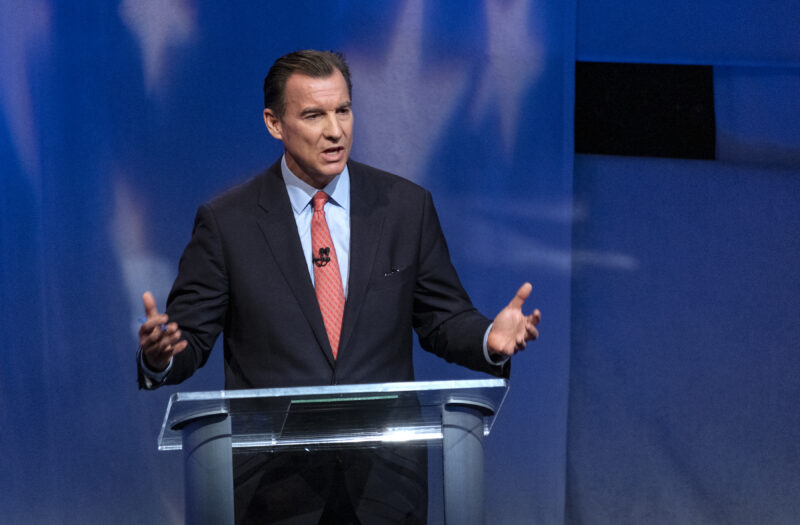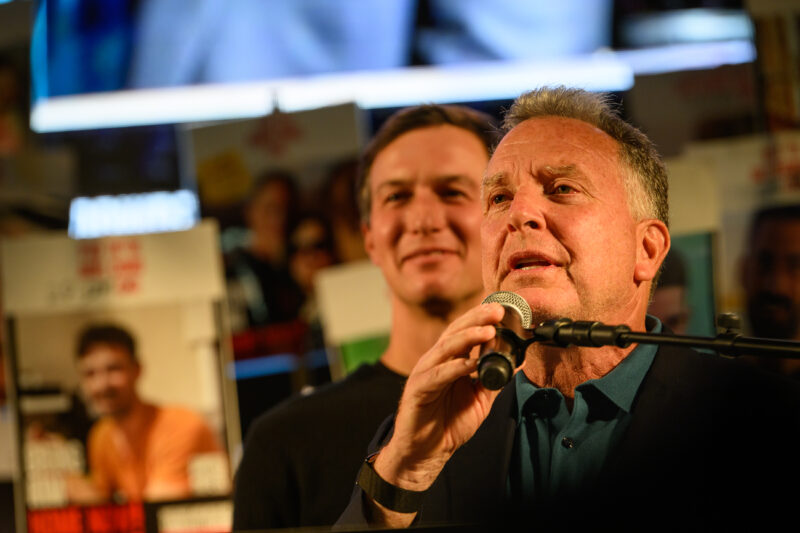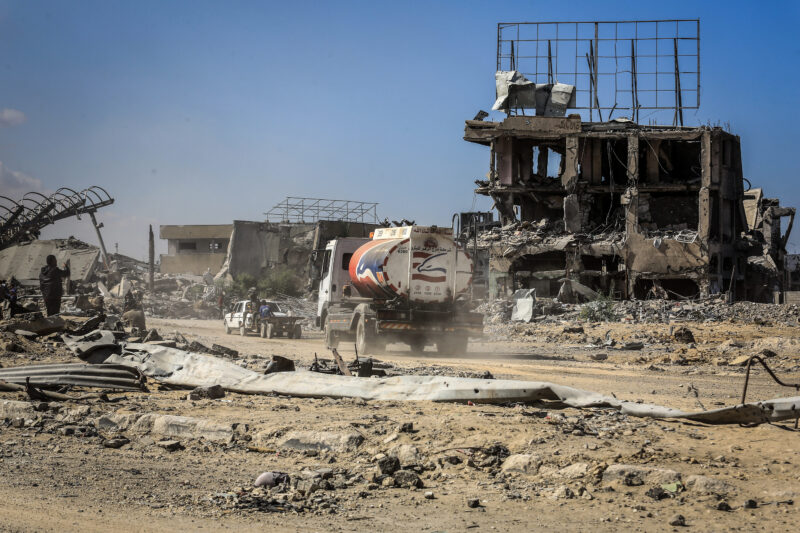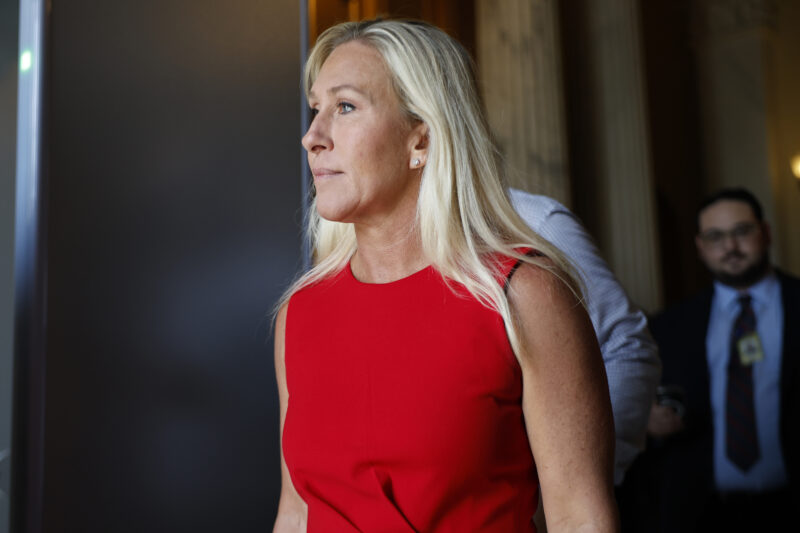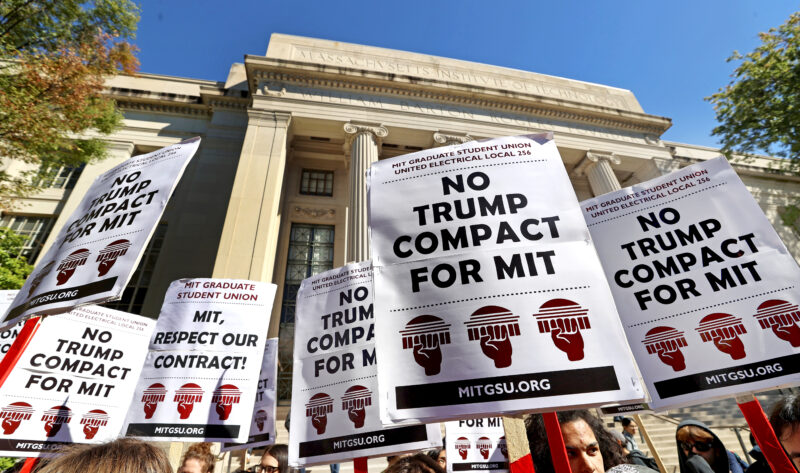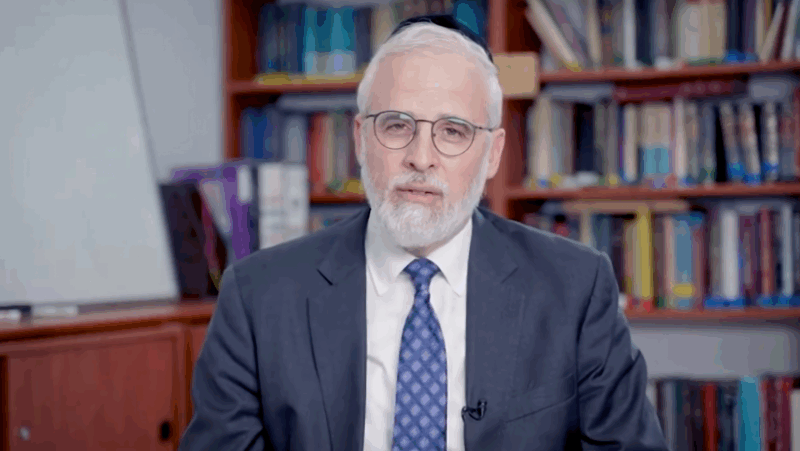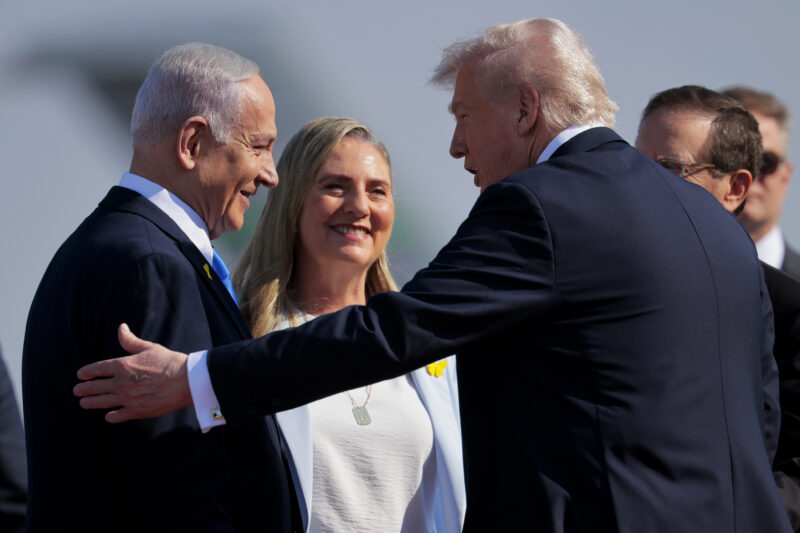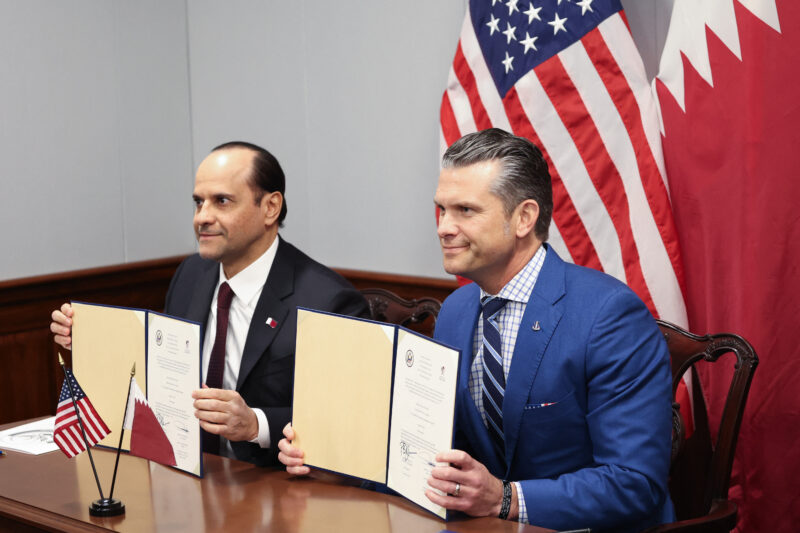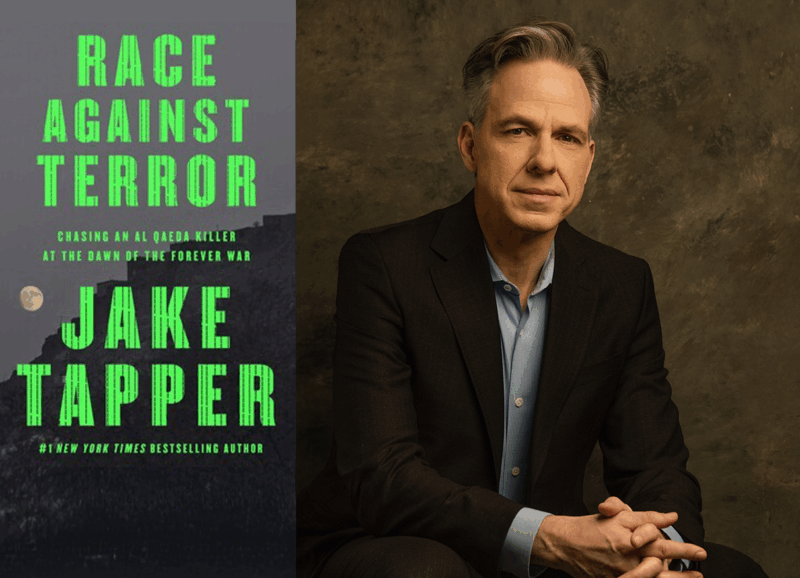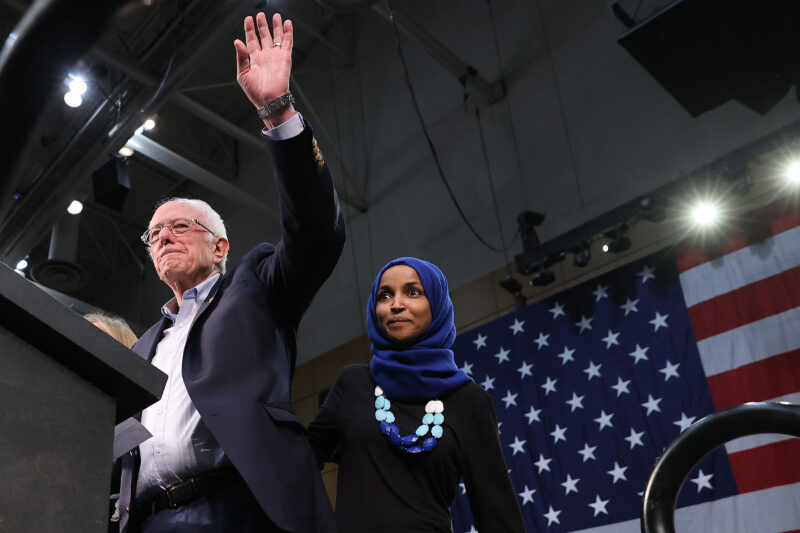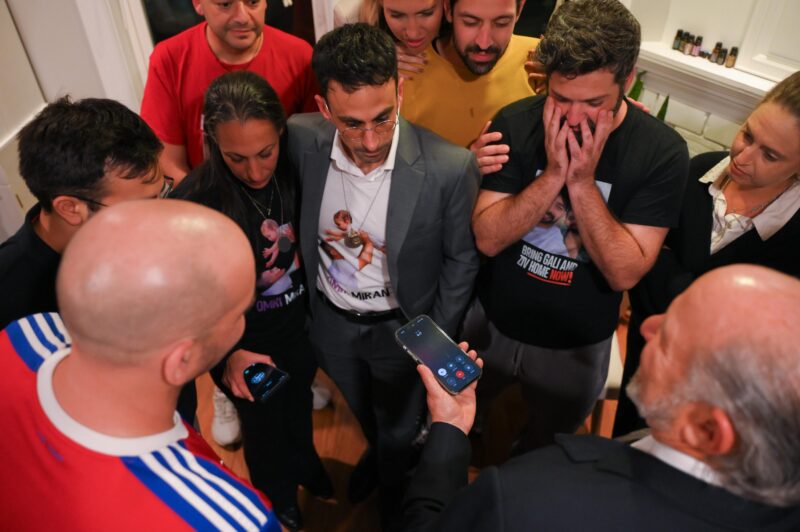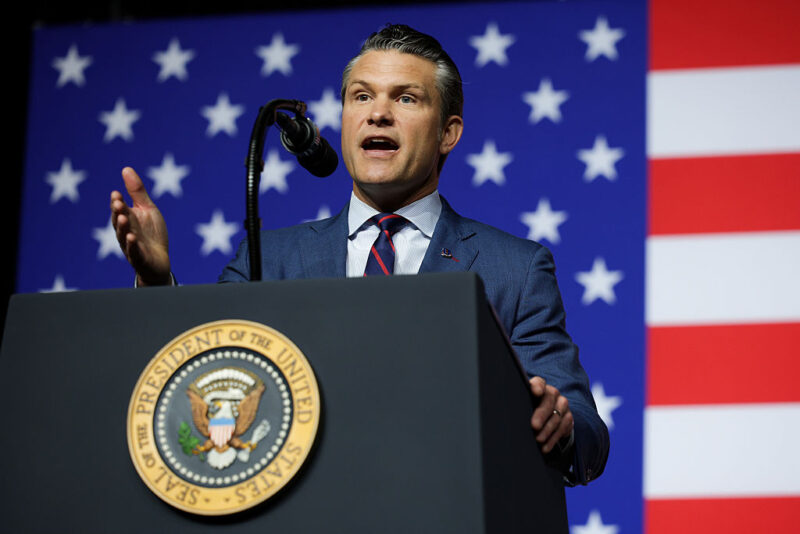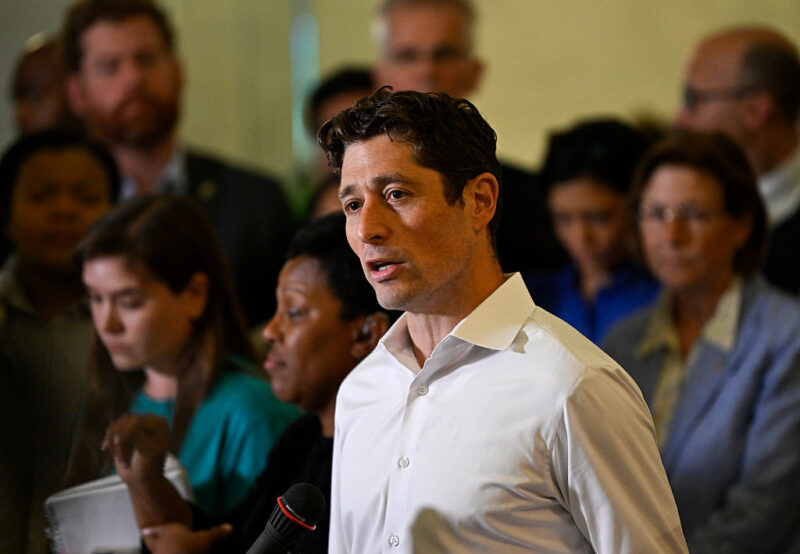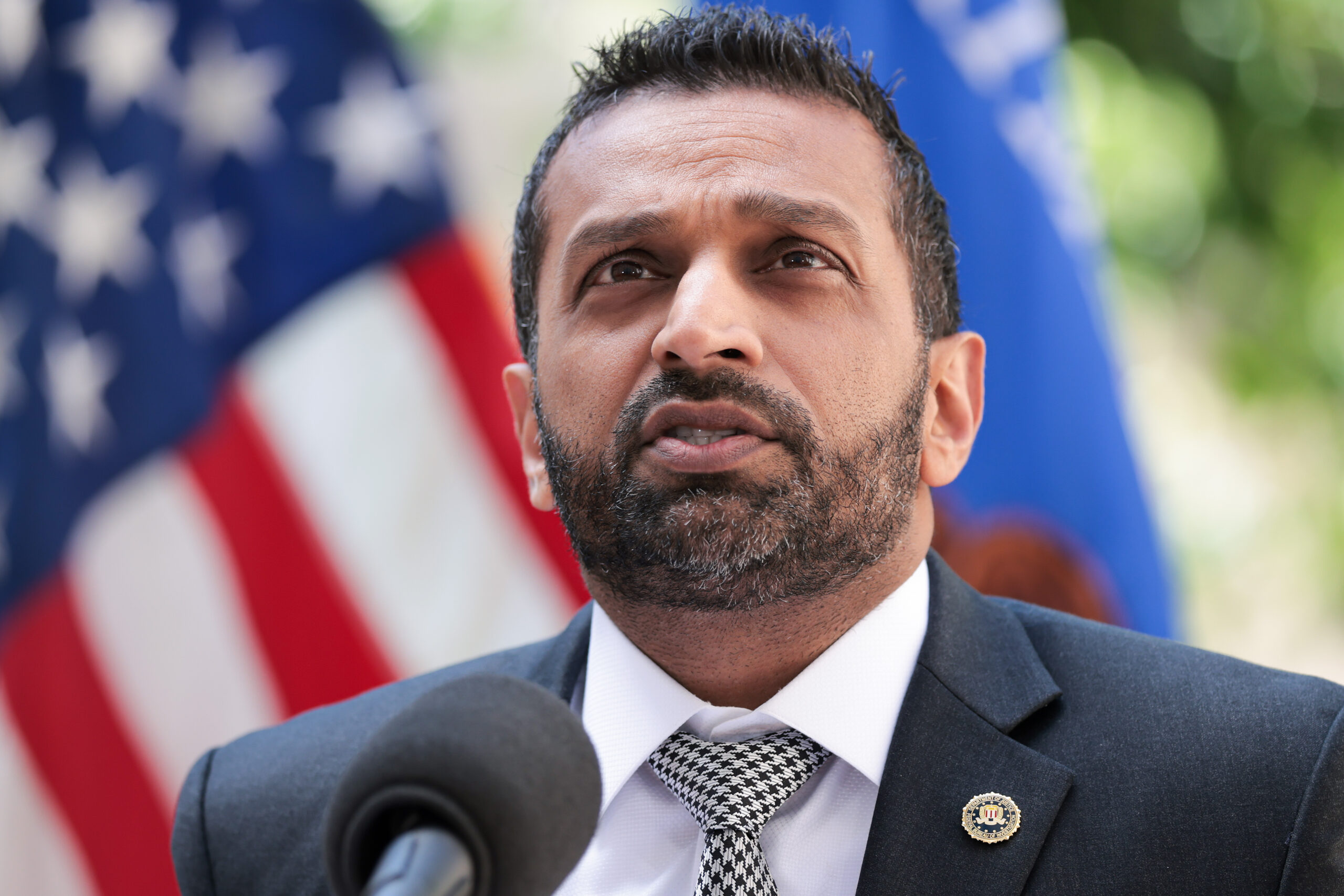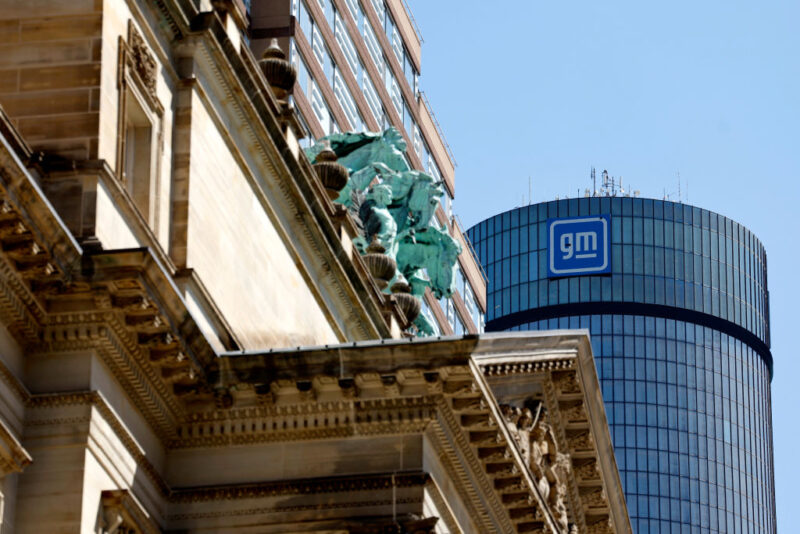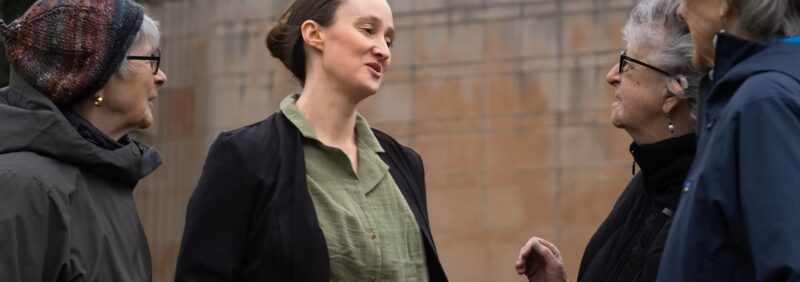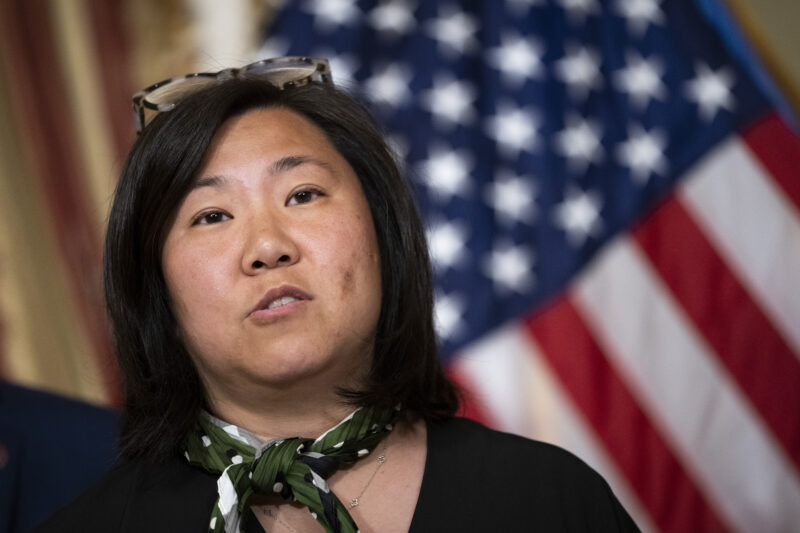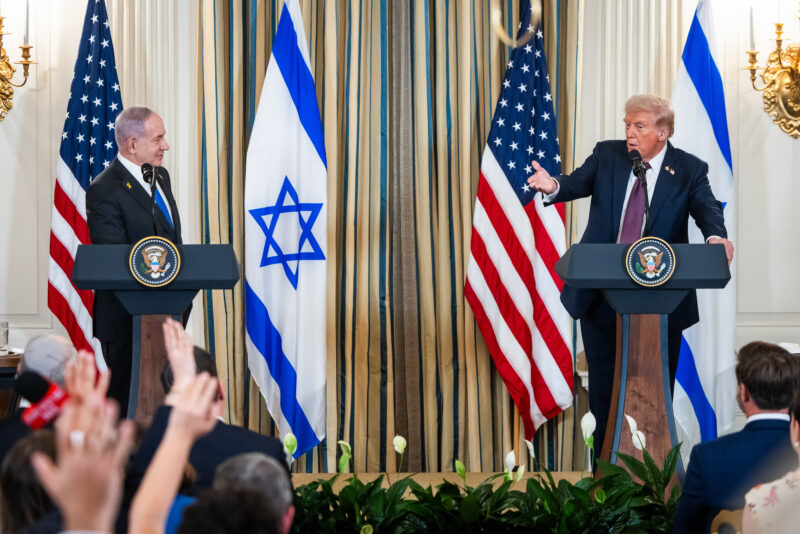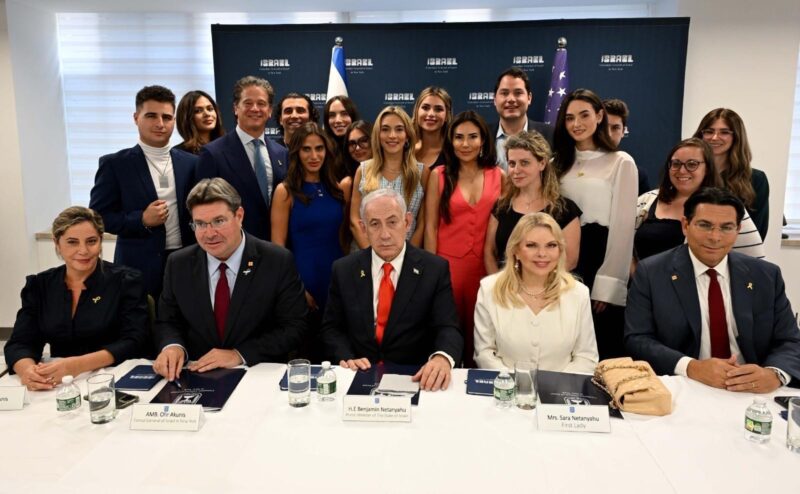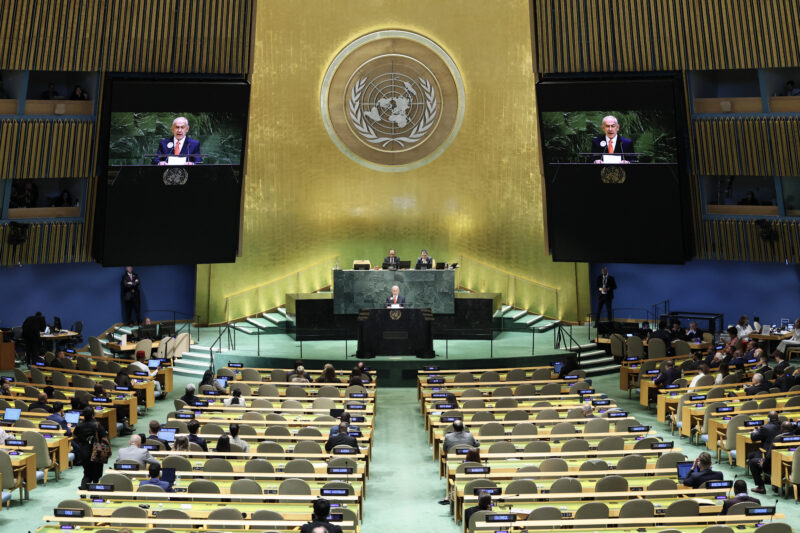Michael Eisenberg on Israel’s ‘defining generation’ and the future of a region rewired by AI
The venture capitalist and thought leader discusses the Gaza war’s impact on Israeli tech and society, and how Israel and its neighbors can lead a new AI-powered alliance
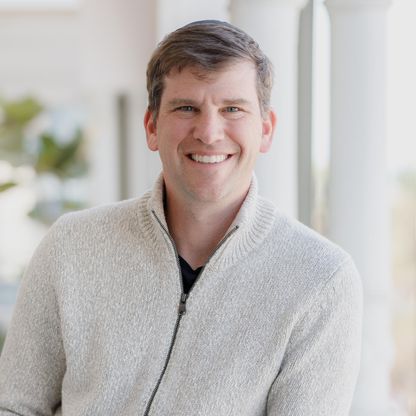
American-Israeli venture capitalist Michael Eisenberg isn’t just watching Israel’s transformation — he’s trying to shape it. As cofounder of the prominent investment fund Aleph, early backer of companies including Lemonade and WeWork, and a longtime thought leader in the intersection of Judaism, economics and technology, Eisenberg has become an influential voice in Israel’s public discourse.
In a wide-ranging conversation on the Misgav Mideast Horizons podcast, co-hosted by Jewish Insider’s Lahav Harkov, Eisenberg discussed the impact of the war in Gaza on Israeli society and the tech sector, what the government must do to turn postwar recovery into long-term renewal and why he sees young Israelis as a “defining generation.”
“It’s not just a defining generation for Israel, it’s a defining generation for the West,” Eisenberg said. “These were kids that everybody was worried about, that they were behind their screens, Instagram, TikTok, who put it all aside and got up to defend the values of Israel, the safety of Israel, the people of Israel and by extension, Western civilization, because Islamism is on the rise.”
Eisenberg also made the case for an ambitious AI-powered regional alliance between Israel and its Abraham Accords partners — and warned that Israel’s political dysfunction could squander the opportunity.
This interview has been edited and condensed for clarity.
Q: When you look at the Israeli tech ecosystem over the next five years, look at Israeli society in general over the next five years, what makes you optimistic and what makes you worried?
Michael Eisenberg: Part of what makes me optimistic is the youth of Israel. Two years into this war that nobody wanted, two years into a war that saw hundreds of thousands of people called up to reserves — [I have] sons, sons-in-law who have probably done more than 1,500 days of reserve duty in Gaza or mandatory service in Gaza. We currently have two kids in the army right now.
These kids have proven to be what I called already in November 2023 the “defining generation.” It’s not just a defining generation for Israel, it’s a defining generation for the West. These were kids that everybody was worried about, that they were behind their screens, Instagram, TikTok, who put it all aside and got up to defend the values of Israel, the safety of Israel, the people of Israel and by extension, Western civilization, because Islamism is on the rise.
And Hamas is not even an extreme version of Islamism. It is one of the variants of this disease called Islamism, which is a mutant form of Islam promulgated by the Muslim Brotherhood, and these kids stood up, risked their lives, some of them lost their lives. I lost two cousins since Oct. 7.
The most important reason to be optimistic about Israel is the young people here who have shown incredible courage, conscientiousness, responsibility, fortitude and innovation in tackling this problem. I’m a high-tech investor in my day job. The amount of innovation that this war has brought out of Israelis, like magic stuff, the AI and space lasers, etc., but also just simple innovation. Just the amount of ingenuity that has come out is stunning, and people are paying attention to it. The U.S. Department of Defense just issued [a statement that] they want technologies that have been battle-tested. There’s nowhere where technologies have been more battle-tested than Israel, maybe Ukraine second, but certainly kind of the high-tech wizardry and missiles — it’s Israel. I think that sets us up now for a lot of positives.
What worries me is a lack of political will. And I use one example of it. We need to borrow the money to fight the war, but at the same time, politicians need to rise out of the sectarianism and to make the hard political decisions to cut the budget in places which are not growth investments or investments in security. Period. Full stop.
Q: What needs to change?
A: Israel is not necessarily on the best path. We went into the war with a debt-to-GDP ratio in the low 60s; we can finance our welfare state for the most part. However, to the best of my knowledge, there’s nobody in the Israeli government or the Ministry of Finance who sits down and says, “OK, these shekels are for investments in future growth; these shekels are just handouts or part of the welfare state.” The only way to get our debt-to-GDP ratio back to where it needs to be, post the war — and again, we should borrow money to prosecute this war and win it as fast as possible — is to grow. In order to grow, you need investments in infrastructure. The investments in infrastructure are more limited because we spend way too much on the spending part of the ledger, which is non-investment, whether it’s supporting ultra-Orthodox yeshivas or unproductive parts of society in general.
Western society has been taken over by progressive nonsense in which you fund the fringes, instead of focusing on the core of society. The core of Israeli society serves. We can’t afford [funding the fringes] and we need to make the cuts necessary to be able to focus on the core needs of society, which is defense. We need to revamp our education system completely from the ground up. We need to make sure that our health system is taken care of, because we’re one of the best health systems on the planet, but it’s falling behind because it’s both underfunded and there aren’t enough doctors and nurses in the system. These are solvable problems, but they need shekels that are being frittered away elsewhere.
Q: Is it just an issue of priorities? At the Knesset last year, at a hearing on AI, you described Israel’s approach as amateurish and said that nobody in the Knesset knows what they’re talking about. What do you think Israel needs to do to ensure its leadership is moving forward in critical tech areas like AI and defense tech?
A: Generally, in technology, civilian innovation wins, and we’re very good at that. Nobody said, “Hey, go do defense tech.” People came out of Gaza and said, “Hey, I saw drones or missiles or AI, I can do this.” Defense tech has popped up without any government help, and that’s the way it should be.
AI is an entirely different story. AI is infrastructure for the future nation state, like nuclear power, like nuclear weapons. This is what will define the winning nation states of the coming 100 years. And it’s infrastructure, because it needs a lot of energy, because you need a lot of human beings with a lot of degrees. We’re a small country, so we need to bring some of these people either back, because they left, or [bring them] in, because there’s not a small number of Jews or other people who would want to live in Israel that we can bring into this.
Q: You recently said the following about AI: “As Europe declines and the east and south rise, Israel and our Abrahamic partners are perfectly placed as the innovation ecosystem that will help drive their economies and drive an AI future in this region and a realigned world.” How do you think Israeli innovation and AI can change Israel’s standing in the world and change the Middle East more broadly?
A: The leadership of Israel has always been very tactical. Part of it, I think, comes from a survival mentality and instinct. But we are now a regional superpower. We need to think like a regional superpower and that requires much more strategy, but it also requires working with our neighbors.
The UAE has spent incredible amounts of time, energy, money and professionalism, and they’ve done incredible work on AI strategy. They figured out, to their credit, that what they have in abundance is energy, and their capability to do large projects, I would argue, is almost second to none. The Emiratis are incredible at building infrastructure projects, whether it’s the new airport in Abu Dhabi, the airport in Dubai, the energy fields. It’s mind-boggling and a sight to behold. I admire them greatly.
The Saudis have launched this initiative called HUMAIN. The Saudis, I think, are behind the Emiratis, but they have abundant energy and abundant money to be able to bring chips in, and perhaps, although I’m skeptical of it, to bring manufacturing in.
What they all lack is talent. What do we have? We’re way worse than the Emiratis at building big projects. We have way less energy abundance, but we have real innovation talent. Number two, we have a relationship with the United States, which wants to kind of own this sphere of AI, that almost nobody has. Now we have this new energy agreement that was signed by the prime minister when he was in Washington a couple of weeks ago, and an AI agreement and very friendly people coming into the State Department.
Q: When you look at the coalition politics, the question is, can we get there? You can be supportive of Prime Minister [Benjamin] Netanyahu, you can be critical of him, but he has a vision for the Israeli economy and for Israeli technological development. But when you look at the broader political spectrum, you don’t seem to have that kind of strategic thinking and the economic vision is often subsumed by politics. Most of Netanyahu’s partners are not free-market capitalists like he is.
A: I actually think that a not-small part of the Likud party, currently in government, is socialist. All the ultra-Orthodox parties are socialists, even though the bases of these parties are not socialists. I think Prime Minister Netanyahu is a capitalist, but below him on the list are a lot of people who unfortunately have the wrong view of economics, or forgot what socialism is, and certainly the ultra-Orthodox politicians who just want handouts without responsibility. They just want to kind of keep the people underfoot.
Q: So what do you do about it?
A: To use a different example, because it’s less personal. You ask yourself, How is it plausible that Keir Starmer, the prime minister of the U.K., has said such a dumb thing [recognizing a Palestinian state]? I don’t think there is a dumber statement ever made by a politician. We should say it openly. He may have killed the hostages by caving to Hamas and the Palestinian narrative. [French President Emmanuel] Macron, also. These two may be responsible for the life of our hostages because of stupid things that they said.
Why are people so stupid? And the answer is, because all politics, at the end of the day, are local. My friend Eugene Kandel, the former economic advisor for the prime minister, said the KPI [key performance indicator] of every politician is to get reelected. That’s what they want. And you look at the voting bases, under Starmer and under Macron, there are a lot of Islamists there in these countries. And so they’re pandering to the base.
I think a lot of this in democratic politics, unfortunately, comes down to a lack of leadership and people who pander to the base, and populism has become popular again. But the laws of physics for every action is an equal and opposite reaction. I hope that there is going to be an era of leadership that follows this era of populism, because I think people are sick and tired of the amateur hour that has become much of government, technology and economic policy. They’re sick and tired of it. And they’re sick and tired of the cost of living going up here.
When you want to be a regional superpower, you can’t run a country like this in the modern era, and we need to fix that. This younger generation is incredible. They’re going to fix it.
Q: We’ve seen the negative impact of campaigns against Israel, not just in Europe, but particularly in the U.S., where we’ve seen a drop in public opinion towards Israel. You’ve talked a lot about narrative and storytelling and how it applies to startups, but when you look at Israel, what do you think it should be doing differently?
A: I did some work at the beginning of the war on bot networks, and how this coordinated campaign got unleashed on Oct. 8. Amazingly, there were Google Drives all over campuses in America that had posters that you could download and print. The people were ready for this. The Network Contagion Research Institute run by Joel Stein has done an incredible job recently of charting this, and there is a very, very well-honed narrative meme-making system, probably funded by Qatar in various ways, that has gotten the best of the West and Israel, too.
You have a very complicit media. You just look at that picture of the poor kid with MS that ends up on the cover of all these pages, and you look at the inside deliberations of The New York Times where they knew the problem and they still decided to publish it. It is outrageous, by the way. You can read on my Twitter, I’m calling for the New York Times editor Joe Kahn to resign. In this case, Kahn got it right, and he still published it. The guy is complicit in spreading false narratives to a level of nobody anywhere in the world.
We need to start playing offense and not defense. And unfortunately, I think the government and the narrative are always defensive, rather than offensive, and we wait for the crisis to happen rather than crafting the narrative ourselves.
What is the narrative? I think the answer is, we are Israel. Israel is the freest, most innovative, most initiative-taking society in the world, and it is the most mutually responsible. You want to raise your children here, because they grow up with mutual responsibility for their society and in an emergent regional superpower. Together with our cousins in the UAE and Saudi Arabia and the southern part of the Mediterranean in Greece and Italy, we can define this region as a future model for the world.
Q: What impact has the war had on the tech sector and the economy? It seems that things are better than anyone could have predicted.
A: Israel is the best-performing stock market in the world since October 2023. It’s pretty mind-blowing. It’s been very resilient.
Since the war started, numerous American funds have been set up in Israel. People want to access the innovation. I’ve been working very, very hard to try to develop the finance sector here. I think the current Finance Minister [Bezalel Smotrich] has figured this out, and I think you’ll see some news in the future about a regulatory and tax overhaul to enable the emergence of the finance industry. We need a second industry other than tech.
In tech, cyber carried us this far, but it’s not enough to carry us to the next phase. We need the AI enabled services businesses to sell globally from here — like Lemonade, which I was lucky to be the first investor in, is the fastest growing insurance company in the world. It’s an AI native business and we now operate globally, we started here. We need these businesses to grow so that we have more engines of growth other than just cyber and defense.
Q: Now for a more personal question. You have eight kids. How do you manage running a large investment fund, writing books, chairing charitable organizations, owning a winery — and being a dad and grandfather?
A: I think the secret in life is kind of two things. Marry well, and I was very fortunate to meet my wife young, and we’ve had just an incredible relationship and partnership and raising a family together, and incredible business partners and in the nonprofit universe. And we don’t have a television — I say that half in jest, but it’s kind of true, I don’t have that many hobbies in life.
Even on the books that I’ve published, I have an incredible editor who is also a thought partner and challenges me really hard and fine tunes me quicker. So everything in life is who you partner with. And then my only two real hobbies that I have that I enjoy very much are skiing, which you can only do a small number of days a year, unfortunately, and drinking Israeli wine. I just want to write books and help Israel and the Jewish people. That’s my life. And raise our family together.
I actually don’t believe in work-life balance. I think this is a terrible promise that psychologists make to kids, and it’s just false. What is balanced about the last two years? If I’ve promised you that your life is going to be balanced and you encounter the last two years, you will have failed, because there’s no balance. No one promised my daughter, who had three kids and now had her fourth in the middle of the war and her husband was 300-plus days in reserve duty, any balance this year. What we need to do is to tell people that there are trade-offs in life because there are 24 hours a day and seven days in a week, and we try to be as good as we can at everything, and we’re going to fail. And I think that builds resilience.
What I think Israel has in spades is optimism and resilience. Optimism and resilience. That’s the reason I’m bullish on Israeli society in this generation, that’s because they’re battle hardened. They have built resilience. It hasn’t been easy. Nothing is easy. That’s real life.
We got knocked on our butts, and we got up and gave it back, and it’s had a tremendous price. It still has a price. The hostages are still the price. There’s still people fighting in Gaza, and unfortunately, soldiers being killed and a lot of broken hearts and a lot of widows and orphans who are our responsibility collectively. But we have, unfortunately, through trauma, built resilience, and now we need to get to the post-traumatic growth phase.




